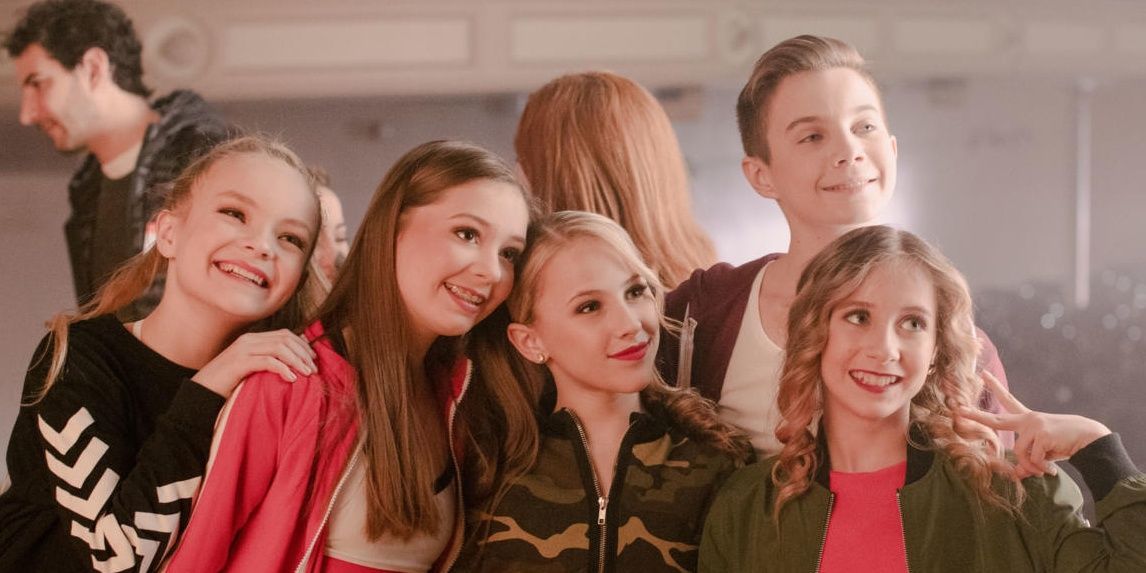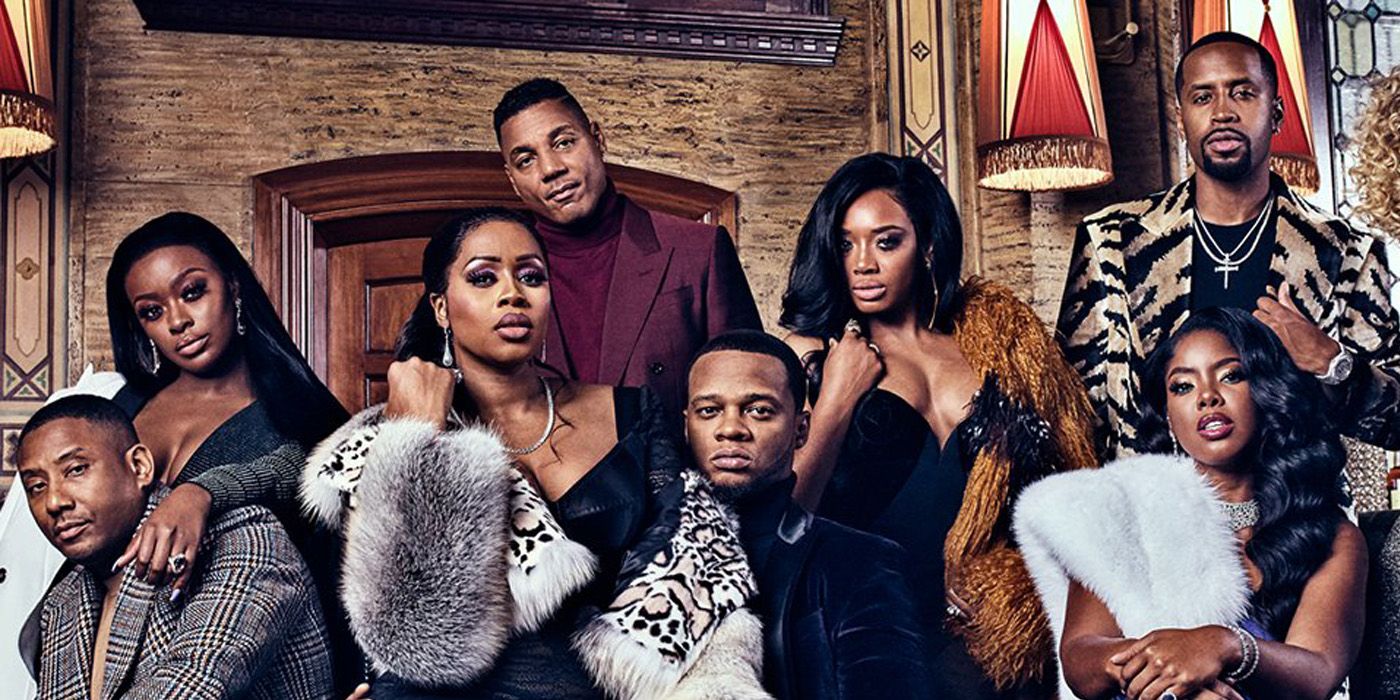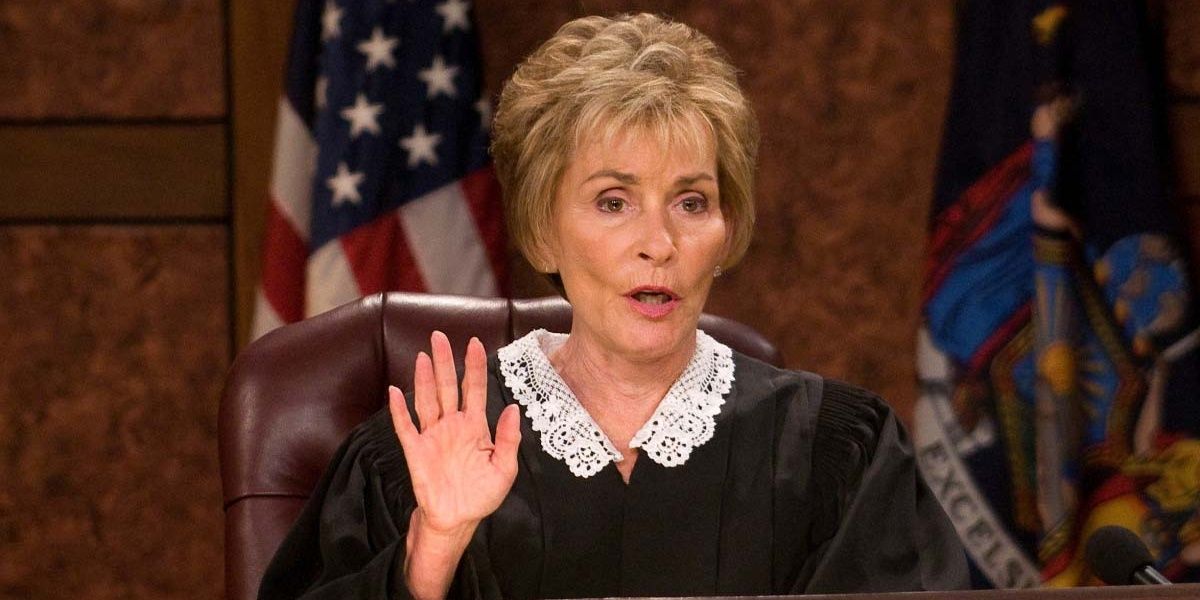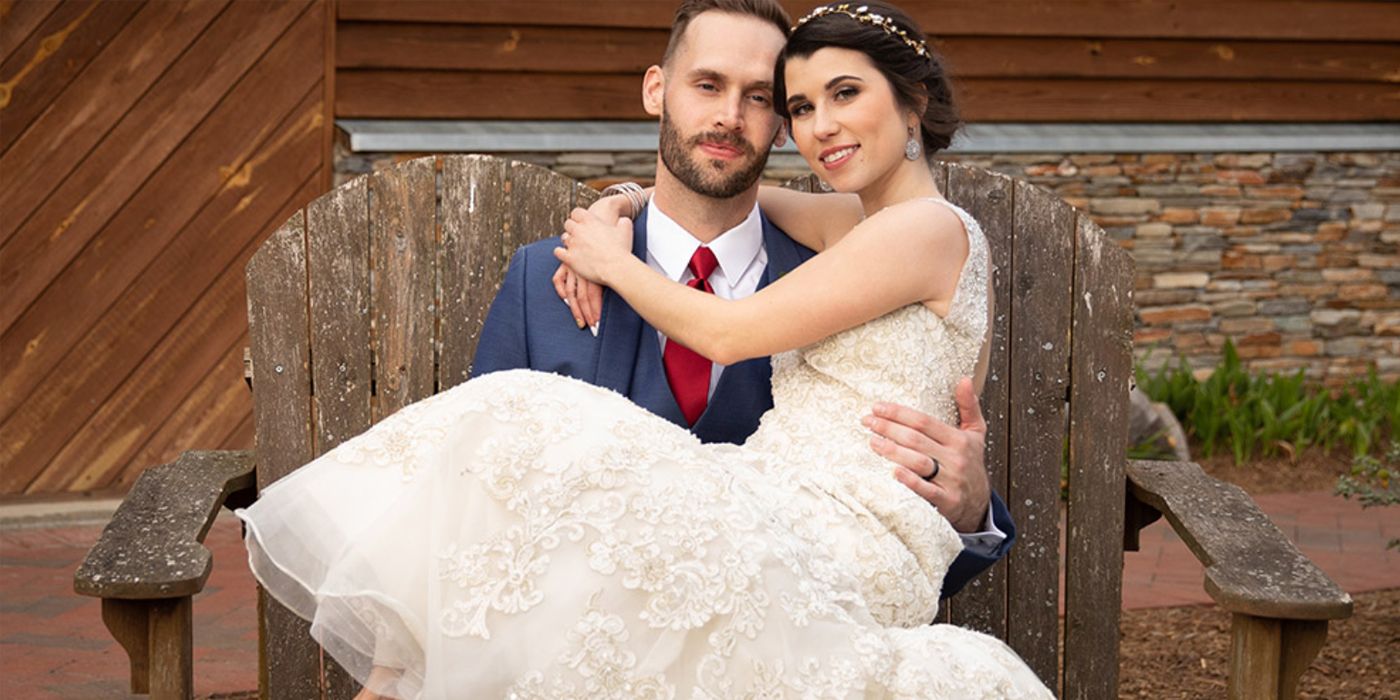The 2010s was a decade of "wokeness". Old norms were no longer acceptable, as younger people sought to change what was permissible in everyday society. Reality TV was also scrutinized under this new atmosphere, breaking former norms. Under scrutiny, the genre did not hold up well.
As the genre courted more controversy to win more audiences, audiences, in turn, pushed back at the idea of being manipulated for views. Despite this, reality TV is still going strong in the early 2020s. The controversies surrounding the genre were not enough to kill it. Even so, some of these 2010 shows were not worth the hype.
10 Dance Moms

Dance Moms premiered in 2011. In the 2000s, reality TV about children in showbiz became popular. Shows such as Showbiz Mom And Dads and Toddlers And Tiaras were precursors to Dance Moms.
The show follows young dancers, aged between 6 and 15, as they practice for competitions, and prepare for nationals. Dance Moms did not deviate from the reality TV script. It has many conflict scenes of the dancers' mothers yelling at each other and at their coach. The show has been heavily criticized for exploiting and abusing children.
9 Love Island U.K.

Love Island is one of the most popular reality TV shows to come out of Britain. Contestants are flown to a villa in Mallorca, and must couple up in a bid to win a £50,000 cash prize.
The show took the simple dating show format of the 2000s, like The Bachelorette, and added a few slight twists to it. Love Island forced contestants to compete ruthlessly to win. It has attracted criticism for its treatment of its contestants, especially causing tragedy for people linked to the show.
8 Jersey Shore

An MTV classic, Jersey Shore was a controversial show from the beginning. It premiered in 2009, as reality TV became more scripted, to maximize audience enjoyment. Jersey Shore was also criticized for using cast members not from the area, despite claiming otherwise.
It was not a "reality" TV show, yet was marketed as such. Additionally, the show was criticized for portraying Italian Americans as stereotypical caricatures. It birthed the rise of the reality TV celebrity after JWoww and Snooki achieved fame.
7 Love & Hip Hop: New York

Love And Hip Hop: New York began what would become an entire franchise. In addition to the New York branch, there is now Atlanta, Miami, and Hollywood. Love And Hip Hop: New York followed the lives of hip-hop personalities in the area.
Some of the personalities, like Cardi B, were in the early stages of their career, trying to make it. The franchise is controversial because it deals with issues of sexuality and female representation in the hip-hop industry. On the other hand, it portrays black and Latino women as hypersexual, aggressive, and materialistic women.
6 Vanderpump Rules

A spin-off of The Real Housewives Of Beverly Hills, Vanderpump Rules featured housewife Lisa Vanderpump. The series also followed the staff in her West Hollywood restaurant, SUR. The series courted controversy when recurring cast member, Faith Stowers, faced racial discrimination from main cast members, Doute and Schroeder.
Doute and Schroeder reported Stowers to the police for a crime she did not commit. Their only proof was that the suspect was black, like Stowers. Other cast members have also been fired for racist Tweets. Vanderpump Rules did not promote diversity. Instead, it has been torn apart by racism and intolerance.
5 Keeping Up With The Kardashians

Keeping Up With The Kardashians is one of the most popular reality TV shows of all time. It is also the US' longest-running reality TV show. The focuses on the three Kardashian sisters, their brother, and their parents. The series promotes hyper-consumerism and a fixation on looks.
The Kardashians, now Kardashian-Jenners, have also been accused of exploiting and capitalizing on black culture, including blackfishing, trying to make their skin look much darker than it is. Furthermore, audiences have accused producers of staging parts of the show.
4 Judge Judy

American audiences love courtroom reality TV shows. Judge Judy was first broadcast in 1996 and quickly became a hit. It won three Emmys and lasted twenty-five seasons. The show largely remained unquestioned throughout the 1990s and 2000s. By the end of the 2010s, audiences began to condemn the show's representations of class.
Judge Judy often shouts down poor, often uneducated people on national television. What's more, as an arbitrator, she is quick to speak and slow to listen. This attitude has made her very harsh to people on her show.
3 90 Days Fiancé

90 Days Fiancé premiered in 2014. The reality TV show followed couples who had 90 days to get married under the K-1 visa. The show naturally breeds drama, because it relies on the trope of the foreigner preying on Americans. The central tension revolving around each couple is whether their love is genuine.
Similarly, audiences want to find out if the foreign fiancé is only 'using' his spouse. The show relies on negative stereotypes about foreigners as scam artists to hook its audience. It promotes the image of non-Americans as desperate.
2 American Ninja Warrior

Ninja Warrior (Sasuke) took the world by storm. The Japanese sports reality TV show began in 1997 in Yokohama, Japan. The course is notoriously difficult to complete, and many warriors try repeatedly, but unsuccessfully, for years.
An American version debuted in 2009, with only three winners so far. Unlike Ninja Warrior, American Ninja Warrior is not as challenging or grueling. In particular, this applies to earlier stages of the competition. As the seasons progressed, however, producers made the American version more difficult, in fitting with the Japanese version.
1 Married At First Sight

Based on the Danish TV series, Gift Ved Første Blik, Married At First Sight is as its name describes. The series is on its twelfth season after only seven years. The premise of the show is simple. A couple gets married after only just meeting each other.
They go on their honeymoon, then return to live married life together for three months. At the end of those three months, they must choose whether to stay married or not. Although the show might be simple, it exploits the contestants' emotions to increase viewership.
from ScreenRant - Feed https://ift.tt/2P0HMl4


0 Comments